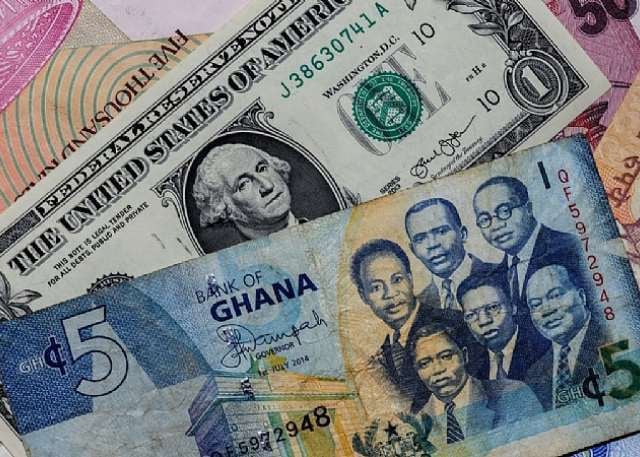The Ghanaian cedi experienced fluctuations against major international currencies on Saturday, September 13, 2025, with varying rates observed across different market segments. Cedirates.com, a trusted source for currency and fuel information in Ghana, provided a snapshot of the cedi’s performance against the US dollar, British pound, and the euro. This data reveals a nuanced picture of the cedi’s value, influenced by factors such as the trading platform (forex bureaus versus the interbank market) and the specific financial service being utilized (money transfers versus digital subscriptions). Understanding these variations is crucial for individuals and businesses engaged in international transactions involving the Ghanaian cedi.
The US dollar emerged as a key focus, with noticeable differences between the forex bureau rates and the Bank of Ghana’s interbank rates. Forex bureaus, which cater primarily to individuals and smaller transactions, quoted buying and selling rates of GHS13.10 and GHS13.50 per dollar, respectively. This indicates a slightly weaker cedi compared to the interbank market, where the Bank of Ghana facilitated transactions at GHS12.14 for buying and GHS12.16 for selling. The spread between buying and selling rates, wider in forex bureaus, reflects the operational costs and profit margins of these entities.
The British pound and the euro exhibited similar trends, with forex bureau rates displaying a weaker cedi compared to the interbank rates. For the pound, forex bureaus quoted GHS16.27 for buying and GHS17.08 for selling, whereas the Bank of Ghana’s interbank rate stood at GHS16.46. Similarly, the euro traded at GHS14.09 for buying and GHS14.79 for selling at forex bureaus, while the interbank rate was GHS14.24. These disparities further underscore the distinct dynamics of the forex bureau market versus the regulated interbank market, influenced by factors such as market accessibility, transaction volumes, and associated fees.
Money transfer operators, specifically LemFi and Afriex, offered competitive rates for remittances from the US or UK to Ghana. These platforms, specializing in international money transfers, provided alternative exchange rates for the dollar, pound, and euro. For dollar remittances, LemFi offered a rate of GHS12.20, while Afriex offered GHS12.13. For remittances in pounds, LemFi quoted GHS16.61, and Afriex offered GHS16.33. Euro remittances through LemFi and Afriex were quoted at GHS14.29 and GHS14.14, respectively. These rates often prove more favorable for individuals sending money to Ghana compared to traditional banking channels or forex bureaus, emphasizing the competitive landscape of the remittance market.
Digital subscriptions, encompassing services like Netflix, Spotify, and Apple Music, presented a consistent exchange rate for payments made via Visa and Mastercard. The rate for these transactions was pegged at GHS13.11 for both payment platforms. This standardized rate likely reflects agreements between international payment processors and local financial institutions, streamlining the process for digital subscriptions and ensuring a consistent exchange rate for consumers. The stability in this segment contrasts with the fluctuations observed in other areas, highlighting the specific market dynamics associated with digital services.
In summary, the Ghanaian cedi’s performance against major international currencies on September 13, 2025, showcased variations across different market segments. The data provided by Cedirates.com, alongside the rates offered by money transfer operators and for digital subscriptions, paint a comprehensive picture of the cedi’s value. Forex bureaus catered to individual transactions with slightly weaker cedi rates compared to the Bank of Ghana’s interbank market. Money transfer platforms like LemFi and Afriex offered competitive rates for remittances, while digital subscriptions maintained a consistent exchange rate through Visa and Mastercard. This nuanced view of the cedi’s performance underscores the importance of considering the specific market and service being utilized when engaging in international transactions involving the Ghanaian currency. This information provides valuable insights for individuals, businesses, and policymakers involved in the Ghanaian economy.














